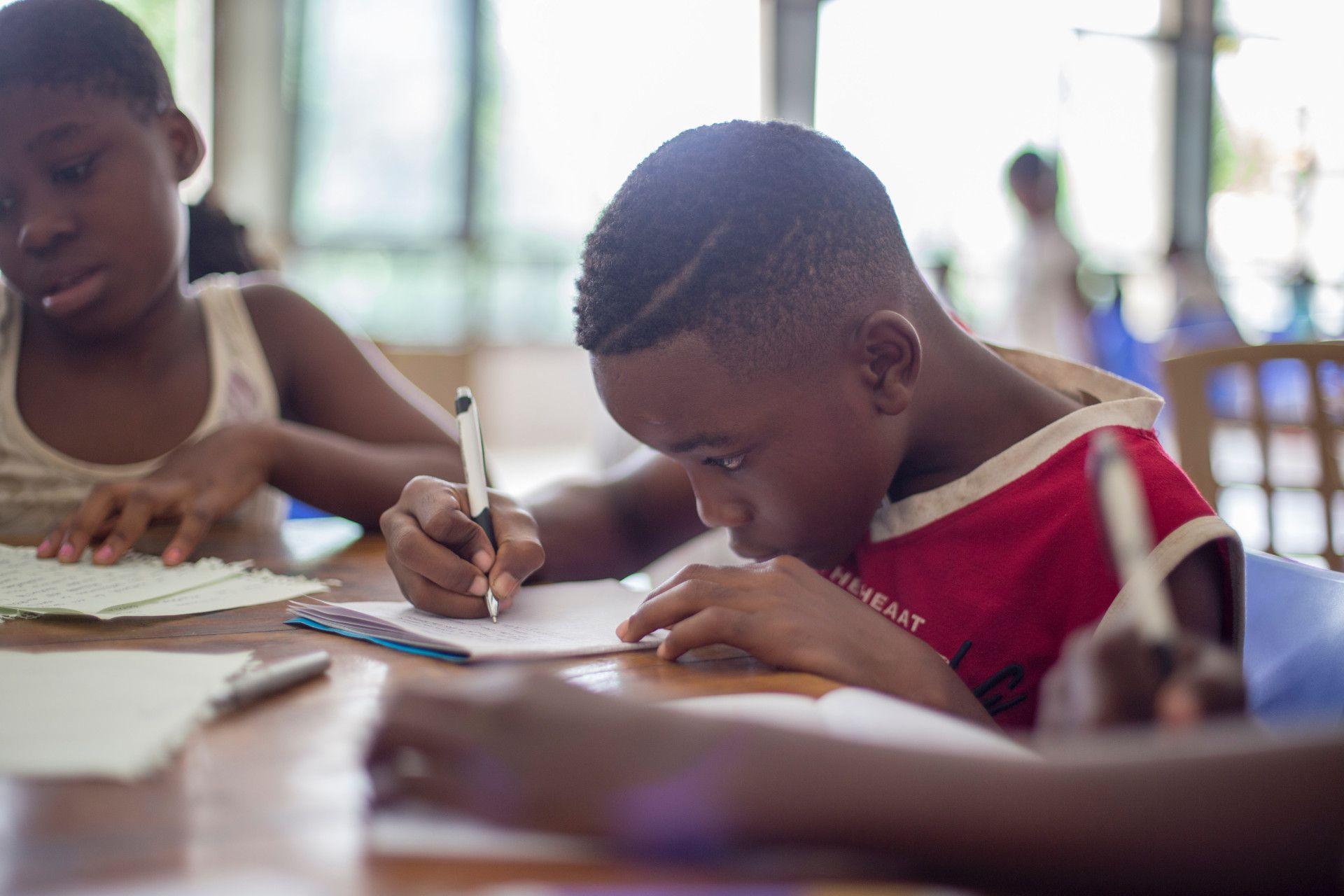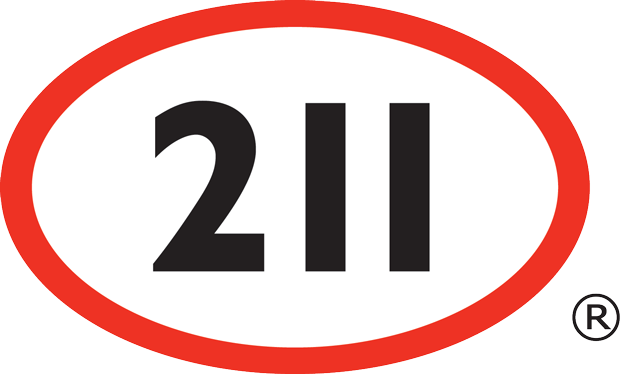Christmas Baskets


Find Community and Social Resources
Find services by topic
Sexual violence represents a major issue that affects all spheres of society. While the #MeToo movement has shed light on the sexist and sexual violence experienced by a large majority of women since 2017, several gaps remain in the psychosocial, medical, and judicial support for victims. This is why many organizations have mobilized to provide these individuals with the necessary resources for their recovery journey.
Note: For any emergency situation putting your life or that of another person in danger, contact 9-1-1.
|
Women are overwhelmingly the majority among victims of sexual violence. In 2022 in Quebec, they represented 86.8% of the victims. In response to this reality, the community network has organized to offer women the necessary support and guidance to help them overcome this violence, as well as multiplying prevention and awareness actions. It is important to note that many organizations use feminine terms to describe their services to represent the vast majority of the public they serve, but some of them also have services adapted for male victims. |
The Montreal Sexual Assault Centre (MSAC) offers various services to individuals who have experienced sexual violence. Their Sexual Violence Helpline, for instance, is a telephone or chat support service available 24/7. "We call it 'the resource source'," explains Laure Sabatier, Communications Officer at MSAC. "The Sexual Violence Helpline teams are thoroughly trained to handle requests. It's important because we first need to listen to properly identify the person's needs. [...] Many people don't know that resources exist, or they call with a specific idea in mind, and as the conversation progresses, they realize that other resources might be better suited to their situation."
"Each wave of reporting has an impact and makes victims aware that they are not alone."
The organization also offers a medical-social intervention service in partnership with the Montreal General Hospital and the GMF Clinique Medic Elle, providing access to emergency services, medical care, and the forensic kit if samples are required for legal proceedings. Individual clinical follow-up is also available. "The clinical follow-up is there to offer emotional and psychosocial support," explains Laure Sabatier. "We help people regain control, explore the trauma, and deconstruct the myths surrounding sexual violence." These myths are numerous and persistent, continuing to place responsibility on victims: questioning their clothing, behavior, substance use, etc. Referring to the 2017 #MeToo movement, Laure Sabatier adds, "Each wave of reporting has an impact and makes victims aware that they are not alone. But the scale of the #MeToo movement has brought about changes at the government level, including funding for services," which she welcomes.
MSAC's services are available to victims as well as their loved ones, whether to help better understand the impacts of the violence, to provide tools to support the victim, or even to explore their own emotions regarding the situation.
Among the essential resources are the Sexual Assault Help Centers (CALACS), which are found throughout Quebec and are part of the Quebec Coalition of Sexual Assault Help Centers (RQCALACS).
Among their numerous services, CALACS provides individual psychological support, support groups, emergency services, prevention workshops, and assistance with legal processes. These services aim to support women and girls in their healing and reintegration process.
Any sexual contact made without the consent of one of the partners is considered sexual assault by the Criminal Code. This is why victims of this type of violence can turn to the services of Crime Victims Assistance Centres (CAVAC).
Among their many services, CAVAC can notably accompany victims through the judicial system: filing a police report, providing support during the judicial process, and supporting the victim while testifying in court. They can also assist the victim with other procedures, including medical and psychosocial support, or filing a compensation claim with IVAC, the Crime Victims Compensation Service.
Sexual violence can also be committed by a partner. Indeed, domestic violence, which can be physical, mental, or financial, can also be sexual. SOS Violence Conjugale, which dedicates a very detailed article on the different forms that sexual violence can take within a couple or former couple, is equipped to respond to the requests of individuals in distress who are victims of this type of violence. This 24/7 helpline directs victims to shelters and provides immediate support. Bas du formulaire
Numerous factors make LGBTQ+ communities particularly vulnerable to various forms of violence, including sexual violence, which more broadly affects gay men.
While the resources mentioned in this article are obviously accessible to anyone, regardless of their sexual orientation, issues of discrimination can lead LGBTQ+ individuals to remain silent or prefer to seek help from community-specific resources. Aware of this reality, many LGBTQ+ organizations such as Rézo, Interligne, the Lesbian Solidarity Center, and many others can provide support, listen to individuals, and guide them to appropriate resources if needed.
Additionally, the organization Éducaloi has designed an interactive guide for professionals working with LGBTQ+ individuals who are victims of sexual violence, as well as the Interligne helpline.
Children and adolescents who are victims of sexual violence require age-appropriate support tailored to their specific situations. Several organizations have developed specialized services to address these needs.
The Fondation Marie-Vincent is dedicated to supporting children and adolescents who have experienced sexual violence, while also working to prevent violent behavior through education and awareness. Similarly, the Movement Against Rape and Incest provides various services, including psychosocial support for migrant women who have experienced human trafficking in Canada, during their migration journey, or in their home countries.
Other organizations, such as the Haut-Richelieu Sexual Assault Intervention Center (CIVAS) and the Intervention and Therapy Environment for Sexual Assault (MITAS), each offer youth-specific services for minors who have experienced sexual assault or who wish to learn about consent.
Montreal Children's Hospital has a specialized center for victims under 18, providing emergency services 24/7.
Some resources also focus on intervention for men who were victims of incest during childhood. The MITAS organization, for example, has a dedicated program for these individuals, as does the Resource and Intervention Center for Men Abused Sexually in Childhood (CRIPHASE).
Founded in 1996, CRIPHASE initially served men who experienced childhood sexual abuse and has since expanded its services to include adult survivors of sexual violence and their families. They offer individual follow-ups and group meetings based on the identified needs. "We see people of all ages and sexual orientations," explains Marc-Antoine Lemay, Communications Officer at CRIPHASE. "The majority have experienced sexual abuse during childhood, primarily by men—such as a father, uncle, family friend, or priest."
"Seeking help is liberating. Those who take the step express how happy and grateful they are for having done so."
In addition to direct intervention, CRIPHASE conducts prevention campaigns through media and social networks. "We talk about it more and more," Mr. Lemay notes, citing high-profile cases such as Éric Salvail's actions and scandals in junior hockey. "Media coverage has a significant impact in terms of freeing up the conversation. People realize they are not alone and find the strength to seek help. [...] However, there are still taboos, particularly in cases where an adult man has been assaulted by a woman."
Marc-Antoine Lemay concludes, "Seeking help is liberating. Those who take the step express how happy and grateful they are for having done so."
|
Did You Know? Sharing intimate photos without consent is a criminal act. If the photos involve a minor, it constitutes the distribution of child pornography, even if the minor agrees to share their photos. The website aidezmoisvp.ca helps victims of this type of sexual crime by offering support or assisting in the removal of the photos/videos through the service cyberaide.ca. |
Whether you are a victim of sexual violence yourself or wish to help someone in your circle, do not hesitate to contact us at 2-1-1 or use the chat feature at the bottom right of the screen. Our team will welcome you and guide you to the resources best suited to your situation.



